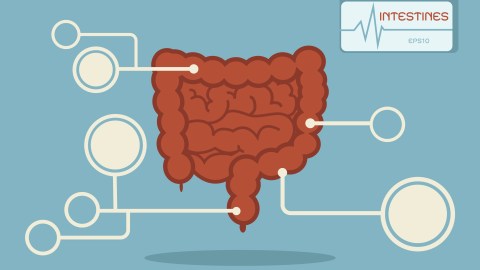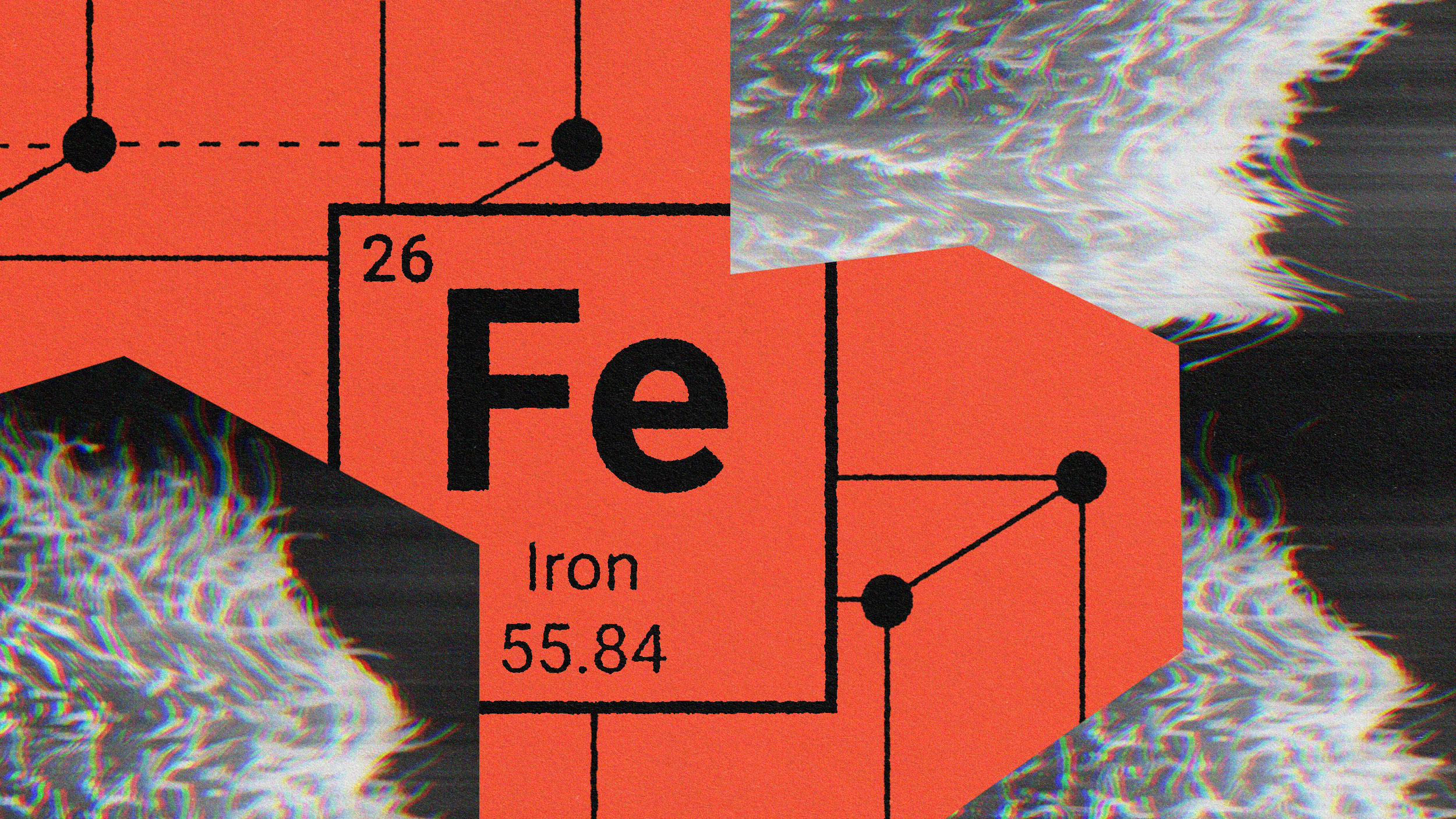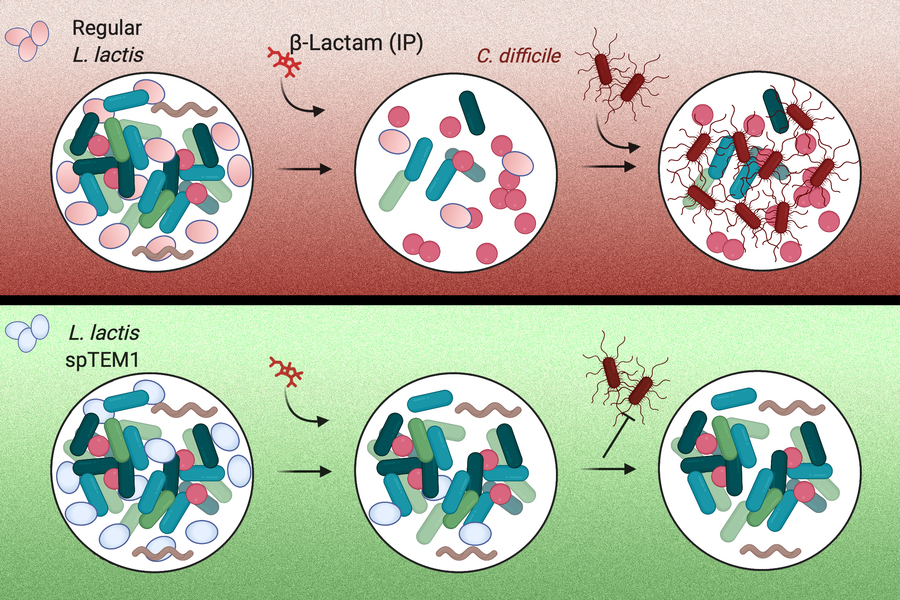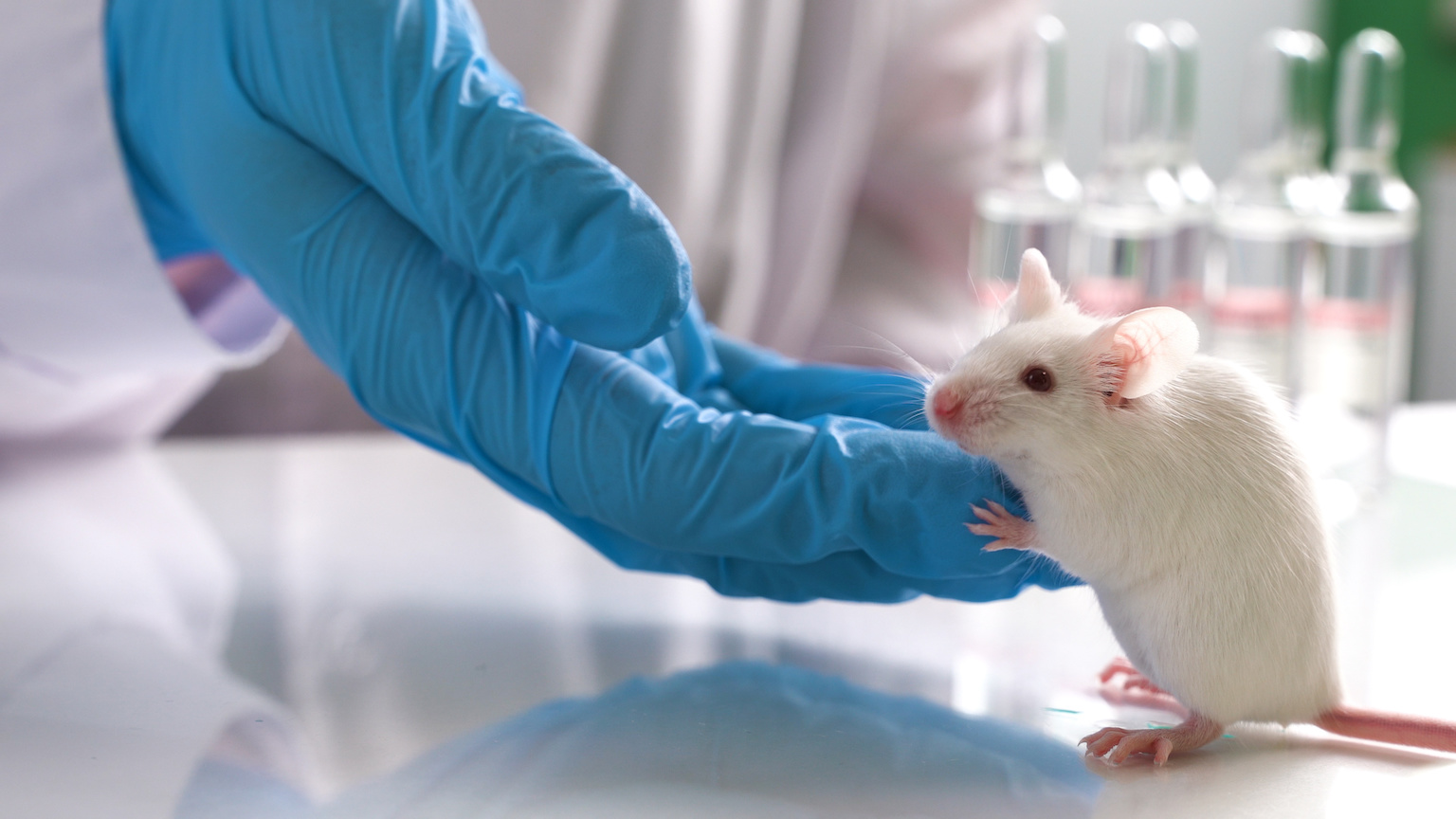Is the Key to Beating Cancer Already in Our Intestines?

What’s the Latest Development?
Scientists at the University of Michigan have found a way to preserve vital intestinal function through courses of chemotherapy treatments, preserving the health of the patient for longer and perhaps allowing him or her to outlast the heavy doses of radiation needed to beat late-stage metastasized cancers. The lab found that “when certain proteins bind with a specific molecule on intestinal stem cells, it revs intestinal stem cells into overdrive for intestinal regeneration and repair.” Stem cells, which naturally heal damaged organs and tissues, do not exist in sufficient numbers to overcome the wreckage caused by lethal doses of chemotherapy and radiation.
What’s the Big Idea?
When scientists injected extra stem cells in to the intestines of mice, about three-fourths of them survived high doses of radiation treatment, while of the mice who did not receive stem cell injections, none survived. “If you can keep the gut going, you can keep the patient going longer,” said the experiment’s lead researcher. “Now we have found a way to protect the intestine. The next step is to aim for a 100-percent survival rate in mice who are injected with the molecules and receive lethal doses of chemotherapy and radiation.” The essential molecules, R-spondin1 and Slit2, repair tissue in combination with intestinal stem cells residing in the adult intestine.
Photo credit: Shutterstock.com





